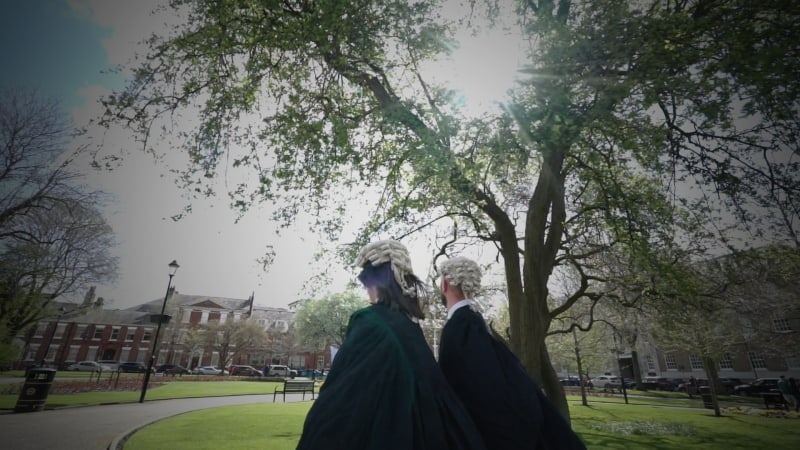Employment Newsletter – New Year 2020.

Happy New Year; and welcome to our first Newsletter of the decade. It is also my first Newsletter as Head of the Employment Team, having taken over the mantle following Seamus Sweeney’s appointment to the bench last autumn. We also welcome new tenants Megan Crowther – who has contributed to this edition – and Jade Ferguson to the Employment Team following successful completion of their pupillage.
This time 10 years ago, the iPad, Instagram and same sex marriage, which are now so much part of the fabric of society, were still things of the future. In the Employment Tribunal, witness statements were still routinely read aloud, almost always before a full tribunal of 3. The decade since then has been an interesting time to be an employment lawyer, with the rise and fall of Tribunal fees, the rise and rise of social media, and in the introduction of the Equality Act 2010, to name just three of the excitements.
It is, of course, futile to predict what the next 10 years will bring. However it is worth reflecting, I think, that the start of the last decade was marked by the introduction of a very substantial piece of anti-discrimination legislation; whereas the start of this decade will (assuming nothing very surprising happens in the next few weeks) be marked by our departure from the European Union. Wherever you stand on Brexit, it is hard to believe that a strong conservative government will be as astute to protect minority and worker’s rights as is the European Court of Justice. What does seem certain, however, is that we are in for a time of change; and change, as they say, is good for lawyers. Whichever side of the fence you stand, therefore, there must at least be some cause for optimism.
The first widely reported employment case of the year came as early as 3 January 2020. Whilst many of us were still recovering from an overindulgent festive season, the Tribunal in Norwich was concluding that the ethical veganism of Mr Casamitjana, a Zoologist working for the League Against Cruel Sports, did qualify for protection as a philosophical belief. In ‘Philosophical Belief Claims: An Update’, Sarah Brewis contrasts that decision with the judgment in Conisbee v Crossley Farms Ltd and others(ET/3335357/2018), which held that vegetarianism is not protected; and with the Court of Appeal decision in Gray v Mulberry Company (Design) Limited[2019] EWCA Civ 1720, in which our own Tariq Sadiq successfully argued that an employee’s belief in her moral rights in her own creative work was not a protected belief.
Discrimination law is perhaps never more interesting than when two competing protected characteristic clash; a conflict which has arisen between transgender rights and philosophical beliefs in two recent high-profile claims. Sophie Firth concludes the philosophical beliefs update with an analysis of the principles in play, and why in both cases, the rights of the transgender claimants prevailed.
Employment Tribunals are well used to analysing the reasonable adjustments expected of employers; but as was canvassed in my recent (not wholly successful) trip to the Court of Appeal in J v K[2019] EWCA Civ 5, they are not always as careful to make their own reasonable adjustments for disadvantaged litigants. As Gareth Price explains in his article ‘Reasonable Adjustments: the Tribunal’s Obligations after Anderson’ that obligation requires tribunals to be at once proactive and deferential to the parties. Far reaching as the duty is, however, it is not without its boundaries.
There is, I think, an ever increasing trend for successful litigants in the employment tribunal to make costs applications; but in order for a litigant to have acted ‘unreasonably’ within the meaning of rule 76(1)(a), do they have to have acted in a way that is outside the band of reasonable responses on the facts as they saw them; or is it enough that their behaviour was objectively unreasonable? Megan Crowther explains and reconciles two apparently different approaches by the EAT in her article ‘Unreasonable Conduct: What is the Test?’.
Finally, we come to time limits. The Tribunal’s just and equitable discretion to extend time is a wide one, and one on which guidance has been given many times over many decades. It might be thought, therefore, that there was little more to be said on the subject. As the two recent EAT cases explored in Amy Rumble’s article ‘Revisited: Extension of Time under s123 of the Equality Act 2010’ show, however, Employment Tribunals are still getting it wrong.
Happy New Year.
To read the newsletter in full, please click here.










